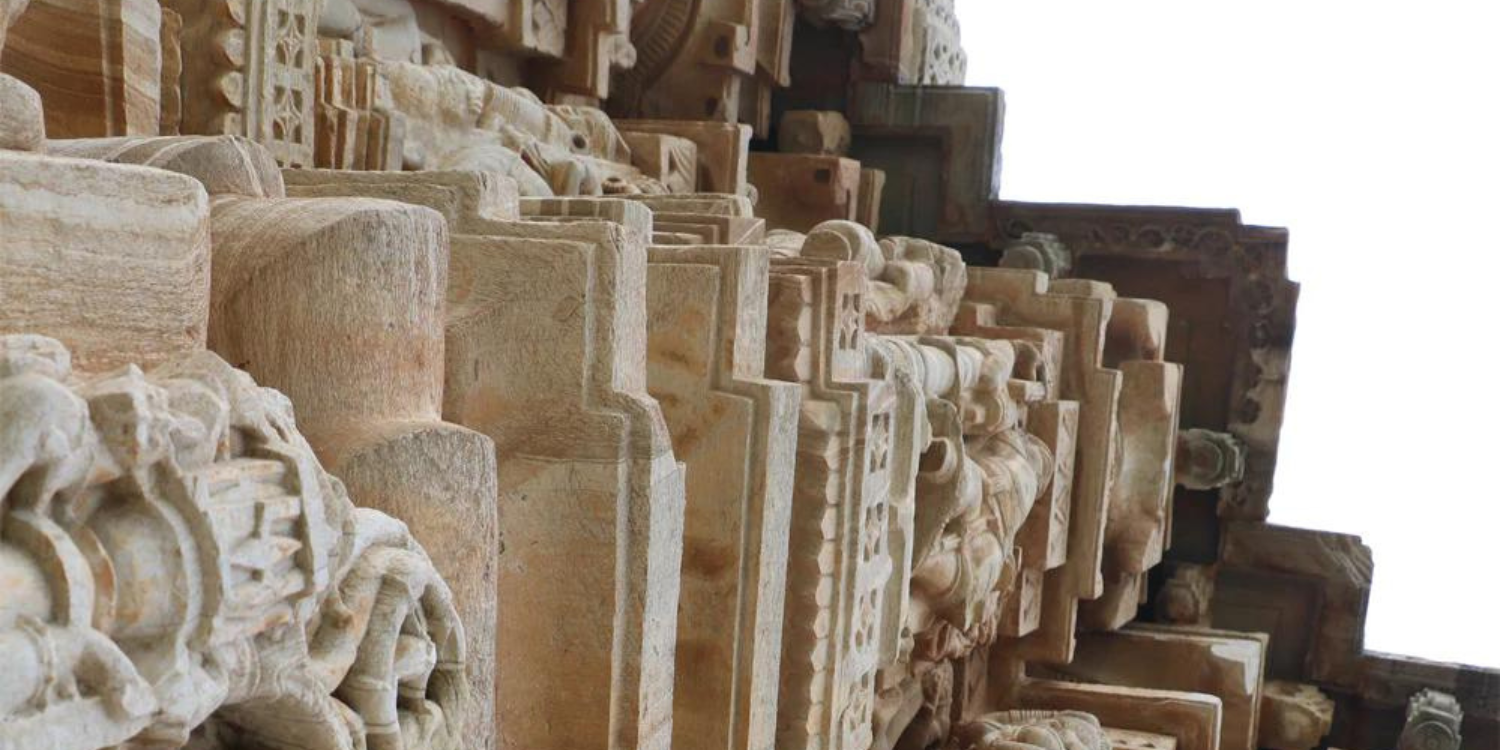
How Meditation Was The Answer You Weren't Looking For
One could argue that building meaningful connections with people is the richest source of happiness.
If one can learn how to genuinely connect with individuals and cultivate stronger relationships, one can create a more fulfilled life.
Being on a global Lockdown for the past 3 months ( or what feels like a decade.. ) may not be the best way to start such endeavour. That being said, this could be the perfect opportunity to be doing something just as vital; reconnecting with yourself through meditation.
And no, you won’t need to go to Tibet to practice this ancestral art (although, we would still recommend going there for a mountain-side hike).
There just “Is”
Meditation is often described as a “game changer” for those who successfully implement it in their daily routine. It is present in virtually all religions in one form or another. Its primary focus is to find inner peace through altering one’s consciousness.
The obsessive nature of western society on “getting it right” is arguably the biggest hurdle in entering the deeper states of inner peace. There is no “right” or “wrong” way of practicing - that's the illusion.
Simply put, there just “is”.

Image courtesy of "Disha Sheta”
There was no beginning.
When did the art first emerge?
The truth is, nobody can tell for a fact when meditation popped into existence.
It is believed that Meditation gave birth in the Indian subcontinent (The sacred Indus Valley) about 5,000 BCE.
The practice of meditation has always been closely associated with many eastern cultures such as Buddhism, Hinduism, Sikhism, and more. (Positive Philosophy Program, 2019).
One of the oldest evidence dates back around 1500 BCE with “Vendatism” a school of philosophy pursuing spiritual enlightenment.
In Hindu one often refers to the practice of “Dhyana” – translating into “the training of the mind” with the goal of attaining higher levels of transcendental conscious awareness.
Whereas in Buddhist culture, meditation is often referred to as “Bhāvanā”, in other words “mental calmness” or “mental development”. In Taoism, it reflects as reaching “mind clarity and tranquillity while embracing simplicity”.
The Japanese word “zen” derives from the Chinese word Ch’an, which can be traced back to the Indian term Dhyana we just covered – defined as “profound meditation”. The Latin term “meditatum” translates to ponder or contemplate.
However, throughout all these different cultures and civilisations, one element seems to be a commonality - the concept of concentration and calmness to regulate one’s attention. This idea of singularity, of oneness, the ability to redirect one’s energy to one specific thing.

Image courtesy of “Thiago Matos”
Nothing Matters.
What is the point of this practice? Why does anything really matter anyway?
It doesn't.
That being said the current social isolation we are experiencing in lovely combination with the digital era as we know it (only the beginning darling) brings a new concern.
Our capacity to maintain focus has diminished. Our level of attention is under siege. It is being stolen and most of the time we have no awareness of it! HBR has had to write an article telling us how spending too much time on our phone is detrimental to our health (thanks - does it come in mobile version?). Look around you sweetheart, isn’t it beautiful? (I’m busy getting neck pains staring at those deeply moving IG stories.)
Could meditation be the cure to our attention deficit, our inability to remain sharply focused while helping us detach ourselves from our oversized ego?
It has been the mantra of so many eastern civilisations for millennia, and seemingly the driving force for the evolution of the world.
I guess the best way to start is to contemplate.

Leave a comment
This site is protected by hCaptcha and the hCaptcha Privacy Policy and Terms of Service apply.